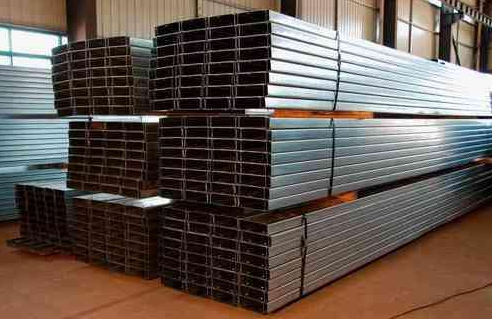Anti-corrosion steel pipe is a commonly used carrier for oil and gas transmission, one of the important facilities of ground engineering. It is a steel pipeline that can effectively prevent or slow down the corrosion phenomenon by chemical or electrochemical reaction during transportation and use after processing by anti-corrosion process. Anti-corrosion pipeline is the link between upstream resources and downstream users, as the pipeline is buried underground for a long time, with the passage of time, the influence of external soil characteristics and terrain settlement and other factors, the pipeline will occur corrosion, perforation, leakage to the economy caused by direct losses and indirect losses. So the correct choice of anti-corrosion steel pipe can effectively reduce economic losses, then, how should I choose anti-corrosion steel pipe?
The manufacturing process of seamless steel pipe can be divided into: hot-rolled (extrusion), cold-rolled (drawing), hot-expanded steel pipe which are the basic categories.

Welded pipe can be divided according to the manufacturing process: straight seam welded steel pipe, spiral welded steel pipe, plate and coil butt welded steel pipe, welded pipe hot expanded steel pipe.
Classification by shape: steel pipe can be divided by shape: round, square, rectangular, octagonal, hexagonal, D-shaped, pentagonal and other shaped steel pipe, complex section steel pipe, double concave steel pipe, five-valve plum-shaped steel pipe, conical steel pipe, corrugated steel pipe, melon-shaped steel pipe, double convex steel pipe, etc.
Classification by use: Steel pipe can be divided into: steel pipe for pipelines, steel pipe for thermal equipment, steel pipe for mechanical industry, oil, geological drilling steel pipe, container steel pipe, steel pipe for chemical industry, special-purpose steel pipe, etc.
Understanding the classification of anti-corrosion steel pipe, how should we choose anti-corrosion steel pipe? Here Xianji.com introduce some basic tips for you.
In the selection of anti-corrosion steel pipe, how can we choose the right anti-corrosion steel pipe? The cost of anti-corrosion steel pipe accounts for about 25% of the total investment in the pipeline. Pipe material, that is, the principle of steel grade selection is to meet the basic process parameters pressure and diameter under the premise of its investment for low.
The higher the grade of steel, the higher the unit price, but as the steel grade increases. The wall thickness decreases, and therefore the total weight also decreases. The pressure from the outgoing end to the incoming end is gradually decreasing, so the same steel grade can be used and a number of different thicknesses can be taken, but of course the same thickness can be used and a number of different steel grades can be taken. The whole process of pipe selection is a process of optimization with a low price as the objective function.
